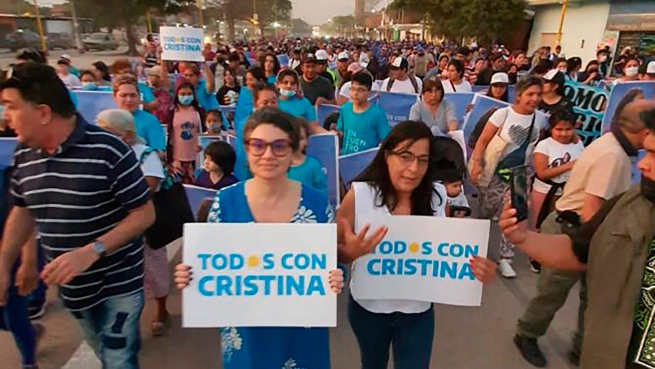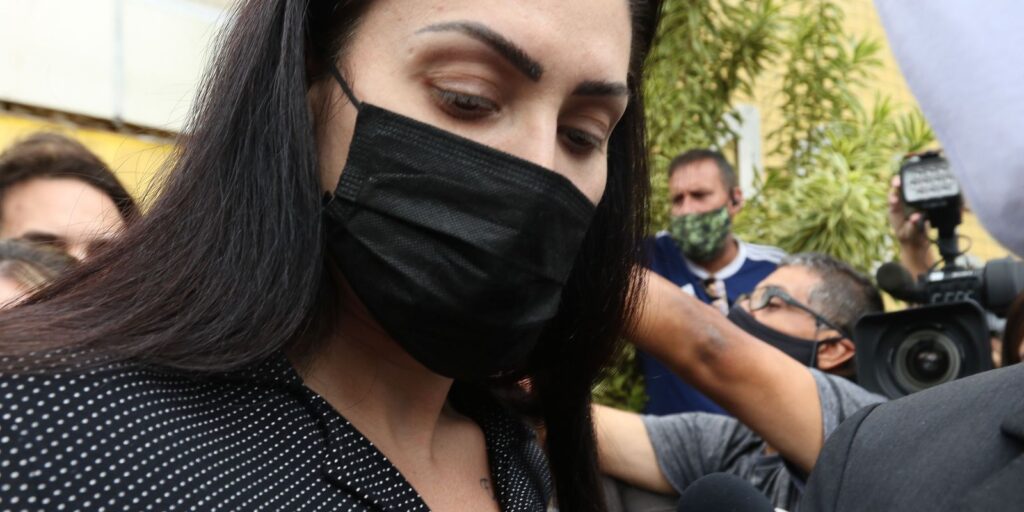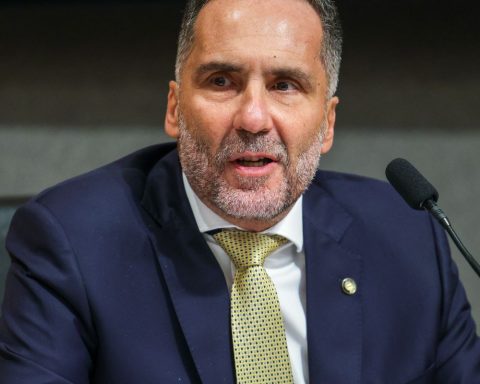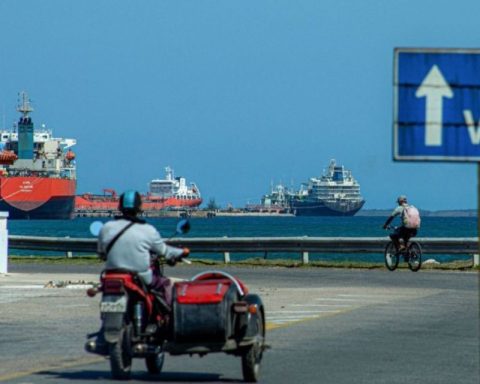The national deputy of the Frente de Todos (FdT) for the City of Buenos Aires Gisela Marziotta expressed the opinion that “lawfare is the Condor plan of our century” during a mobilization in support of Vice President Cristina Fernández de Kirchner that took place in the town of Liberator General San Martin, in Jujuy.
“Argentine men and women have to unite in defense of democracy,” emphasized the deputy in dialogue with Radio Nacional de Jujuy, when asked about the 12-year prison sentence for Cristina Fernández de Kirchner, which was requested this week by Attorney General Diego Luciani in the trial that follows for alleged direction of public works in Santa Cruz.
Marziotta insisted that democracy is at stake today and announced that he will present a bill to criminalize lawfare in the penal code.
“Lawfare requires international complicity, internal complicity and the Judiciary, which in our country is highly discredited because 80 percent of Argentine men and women do not believe in justice,” he remarked.
The mobilization under the slogan “we defend Cristina, we defend democracy” began at 6:00 p.m. in Plaza Belgrano, in the emblematic town of the department of Ledesma, where “the night of the blackout” took place during the last dictatorship, leaving more than 50 missing people.

It was headed by the National Deputy of Jujuy, Carolina Moisés, Marzziota and by the president of the Deliberative Council of Libertador General de San Martín, Patricia Gutiérrez, according to a statement.
“They did not allow Cristina to exercise the constitutional right of defense because the trial itself is a farce and it is an infamy,” added Moises.
The woman from Jujuy denounced that “several media outlets have omitted information about the trial of public works in Santa Cruz and explained that the allocation of projects was made into a law that passed through the National Congress.”
The legislator recalled that there was no direct award, but rather a public tender, and that, according to the audit carried out by the government of Mauricio Macri, “there were no overprices.” “According to that same audit, it was not considered that the public works in that period were tendered, administered and executed by the Santa Cruz provincial authorities, not by the national authorities,” Moises pointed out.


















